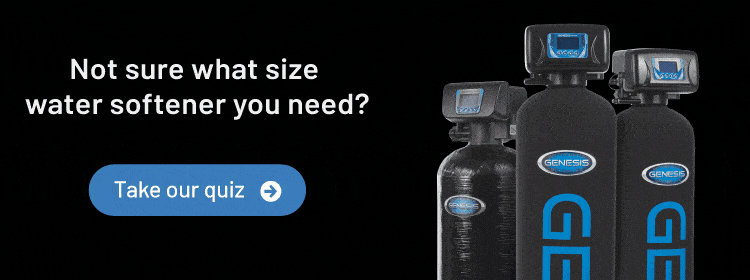Signs of Hard Water
Posted by Discount Water Softeners on Mar 7th 2024
SIGNS OF HARD WATER
All the trips to the salon and expensive styling products haven’t kept your hair from looking a little blah. You’ve been questioning if it’s time to switch laundry detergents because your clothes feel a little stiff, too. And what about the spots and streaks on all your dishes and glassware, even after you’ve run them through the dishwasher? What’s the deal? It might not be you or the products you use, it could very well be your water that’s to blame.
What Makes Water Hard
Water issues are far more common than you may think; the effects of less than desirable water aren’t limited to its ingestion. 85% of U.S. homes have varying levels of hard water—the type of water that contains a high concentration of minerals, particularly calcium and magnesium. Water hardness simply refers to its mineral content, so the higher the content, the harder your water becomes, and the harder it is to use it for daily household routines.
Hard water is a homeowner’s nightmare for several reasons. Calcium in water doesn’t play well with soaps or detergents and struggles to create the suds necessary to get things clean. You’ll find that more scrubbing and more detergent become necessary to do simple jobs. Rinsing hard water from surfaces can be fruitless task as well, resulting in a layer of film on your body, appliances, or anything hard water touches. The chalky substance that makes your surfaces feel rough when dry instead of smooth and shiny is also a result of hard water.
Unfortunately, you can’t always tell if water is hard or soft just by looking at it (although it could appear slightly cloudy). Hard water is naturally occurring and typically doesn’t pose any health threats. It occurs when groundwater flows over or through limestone, dissolving small traces of minerals along its way. Drinking water can also contain trace minerals like iron, which get picked up from the soil, lakes and rivers, or even older, corroded plumbing. In some regions, hard water may also contain manganese or aluminum. Eventually, that water ends up in your public or private water source and into your home.
How To Know If You Have Hard Water
How do you know if you have hard water? Telltale signs include drinking glasses that never look crystal clear no matter how many times you wash them, soap scum on shower doors, freshly laundered clothing that feels stiff and scratchy, not so bright whites, hair that seems to react differently when you’re on vacation, even when using the same hair products, and residue on faucets and inside toilets and sinks.
That residue, known as limescale, can end up on all surfaces that come into contact with your home’s hard water—even in places you can’t see, like your pipes. The buildup of limescale can be increasingly difficult to get rid of. By the time you notice a reduced water flow, it’s likely that hard water minerals have begun to clog areas that could lead to expensive repairs if left untreated.
If your home has hard water, you may notice white, chalky deposits on the inside of your dishwasher. These deposits aren’t just where you can scrub them off. They also form inside your drain line, reducing the diameter and leading to clogs and the inability for your system to properly drain water after a complete cycle. Keeping water flowing freely helps to maintain your machine’s performance and lifespan. Softened water not only eliminates the gritty film and spots left on your dishes and glassware, it also makes it more efficient and prevents issues associated with water flow and excess detergent usage. When you use a whole house water softening system, dishwasher limescale build-up is reduced or removed, protecting operational efficiency by preventing clogging of drains and components.
Clothing loves soft water. Your whites become whiter, your colors brighter, and fabrics last longer in general when it’s not broken down by harsh minerals. The gentleness of soft water benefits everything you throw in your washing machine whether laundered with cold or warm water. Soft water also has more washing power than hard, so you won’t need as much detergent to get the same results. Whether it’s towels or bed linens, t-shirts or jeans, fabrics feel softer and fluffier without being washed in water with a high dissolved mineral content.
Dry and lifeless hair is the result of hard water minerals creating a barrier, preventing moisture from penetrating follicles. Over time, using hard water to wash your hair weakens those follicles, and strands become prone to breakage. Simple brushing and styling can cause even more damage to hair already affected by hard water. With shampoo losing the ability to form the lather required to cleanse, a build-up of product creates greasy-looking hair and a flaky, itchy scalp.
The best way to prevent hard water from destroying your hair is to buy and install a water softener. Water softeners filter out the minerals that cause hair damage. With a much smaller concentration of minerals, your hair won’t develop the water-blocking film that dries it out and your scalp is less likely to become irritated with soft water, further preventing issues like hair loss.
What Can a Water Softener Do for You?
Homeowners too often rely on our country’s water quality standards for protection against harmful tap water. Despite government drinking water regulations, contaminants find their way into our water, more often than not. Fortunately, there are many water treatment solutions to preserve the health and safety of your home. Salt-based water softeners exchange calcium and magnesium ions with sodium ions in a process known as ion exchange. This method of water softening eradicates all the negative effects of hard water by removing the calcium and magnesium minerals present in your supply.
If you’re unsure of the best type or size water softener for your family’s needs, you can rely on professional water treatment specialists for help. With the installation of a softening system, your hard water disappears along with the build-up of gunk on your appliances. With softened water, you can expect not only cost savings, but better skin and hair, improved efficiency of all water-using appliances, cleaner laundry, spot-free dishes, and protection for the plumbing throughout your home.

